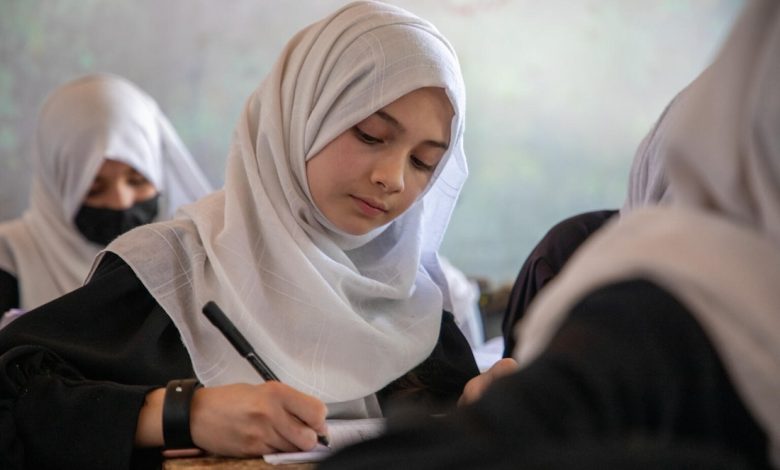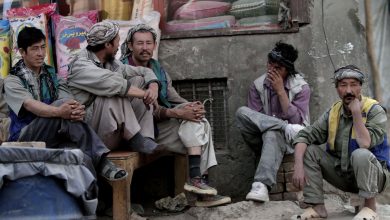
UN Report: Taliban Policies Have Changed Families’ Views on Girls’ Education
Bayan News – A recent United Nations report indicates that the interim government’s continued policies on education have significantly decreased family support for girls’ education.
This report, published on Wednesday (October 30), was prepared by UNAMA, the UN Women’s Division, and the International Organization for Migration. In compiling this report, interviews were conducted with 776 women across 33 provinces in Afghanistan.
One woman in the report stated, “Over time, I realized that supporters of women’s education have either stayed silent out of fear of the Taliban or have come to agree with this repression.”
According to the report, fear of the Taliban and the reinforcement of patriarchal norms have reduced support for formal education for girls. The UN report noted that “nearly half (47%) of these women feel that community support for girls’ primary education has declined, and this figure reaches 65% regarding secondary education for girls.”
The women interviewed “expressed feeling a shift in societal attitudes toward women’s rights, driven by fear of punishment from the ruling authorities and the strengthening of patriarchal norms across the country.”
The Taliban’s ban on girls’ education has led to their international isolation, yet they have managed to decrease the perceived value of modern primary education for girls among families. The UN report mentions that due to the ban on secondary education, many families now feel that primary education offers no benefit for their daughters.
Additionally, some families have adapted to this situation and prefer that their daughters learn a trade, attend religious school, or marry. The UN noted that the restriction on education has increased early marriage rates for girls in Afghanistan.
Nonetheless, the UN states that some families continue to educate their daughters in secret.
Social Exclusion
In this recent study, 70% of women said that in the past 12 months, they have been barred from public places like parks and health centers.
They reported that even when accompanied by a mahram (male chaperone), Taliban officials have barred women from entering recreational areas and historical sites, telling them these areas are strictly for men.
Meanwhile, 69% of women also reported feeling unsafe when leaving their homes. This sense of insecurity has led them to isolate themselves and experience psychological issues such as depression.
The Taliban insist they have made society safe for Afghan women, yet they simultaneously demand that women not leave their homes without valid reason. It appears that the Taliban’s harsh treatment of women, often due to dress or the absence of a male companion, has intensified women’s sense of insecurity in public.
A Closed Door to Justice
A report from three UN agencies shows that women in Afghanistan are deprived of support and services from legal and judicial authorities, and that gender-based barriers limit their access to these institutions.
Nearly 80% of the women interviewed told the UN that Taliban officials refuse to process their legal cases. Furthermore, 79% of Afghan women have not approached any official judicial body in the past year to resolve conflicts or legal issues.
They said that, initially, the Taliban do not permit women to go to courts or legal offices without a male companion, and that the group’s offices, due to gender discrimination, often close their cases without investigation or ignore them altogether.
Women’s Demands
These bans and social restrictions have led 57% of the surveyed women to describe their economic situation as worse than before. They believe that these restrictions, including the mandatory chaperone, have excluded them from the economy.
They called on the Taliban to reopen schools for girls at all levels and to respect international human rights standards, including women’s rights, by removing barriers such as the chaperone requirement for women’s work.
These women urged the United Nations to increase international pressure on the Taliban to secure women’s rights, especially the rights to education and employment.







